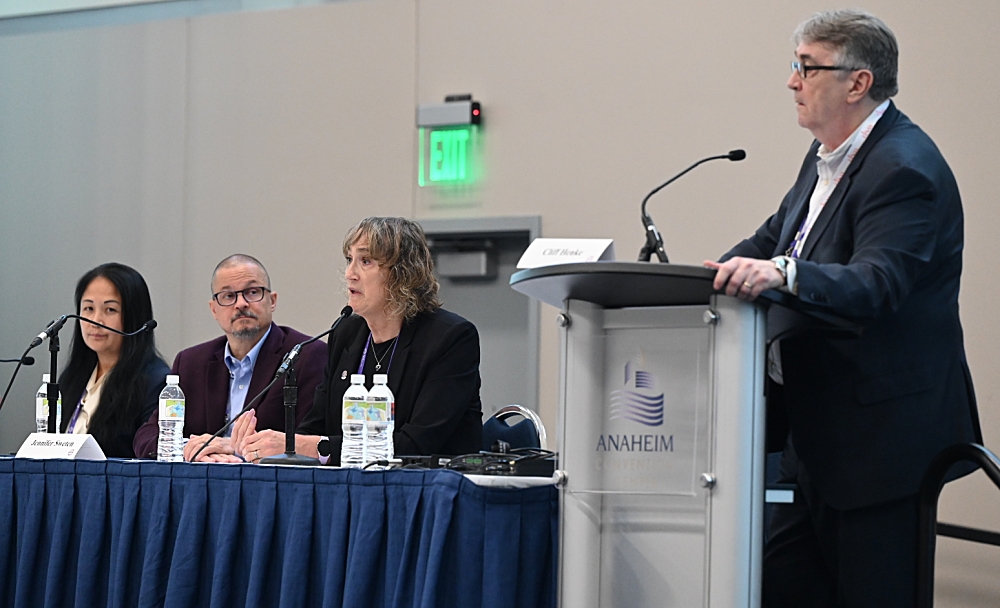Facts and Myths About Zero-Emission Buses
10/9/2024

Public transit leaders gathered at the Taking Stock of the ZEB Transition session during the 2024 APTA TRANSform to examine what is fact and myth regarding ZEBs (zero-emission buses) and the push to convert to clean fleets. The session was sponsored by Zenobe.
Perhaps the most pressing question was payback. Are agencies saving money converting to zero emissions? Not according to panel moderator Cliff Henke, senior VP, ZE and BRT fleets and facilities, at WSP USA. “Looking at hydrogen fuel and particularly electricity in some parts of the country, the costs still do not represent payback on a lifecycle basis, even when you factor in environmental benefits.”
Jennifer Sweten, director of operations for the Missoula Urban Transportation District (Mountain Line) pointed out, though, that economics are not the reason to go zero emission, and Karl Gnadt, managing director, Champaign-Urbana Mass Transit District, echoed her response.
“We are a people that are causing a problem, and we need to do what we can to mitigate or avoid the problem. And there may never be an actual economic payback on it, but that shouldn’t be why you do the right thing.”
The panel also considers it a myth that the public transit sector leads the way for all fleet sectors. Mona Babauta, CEO / general manager of SunLine Transit Agency, Thousand Palms, CA, oversees a fleet of hydrogen buses and says what they do actually could be crucial information for the future of the trucking industry. “They’re driving big vehicles. They’re carrying heavy loads. They’re going about 200 miles from the ports to distribution centers.”
Looking forward, how to power clean buses will be an ongoing challenge. The panel urged leaders to work with their utility providers as early in the process as possible and to consider building their own power stations for hydrogen buses. These leaders also see potential pitfalls in the future with both bus parts and technical support for a clean fleet. The overall message, though, is that the work being done is essential to our future. Gnadt may have said it best when looking at the big picture, and the impact on his community:
“Recycling is great and, you know, using reusable grocery bags is great. All of that is great. But none of it even scratches the surface, compared to mode shift—getting groups of people out of their individual vehicles and into a collective vehicle.”